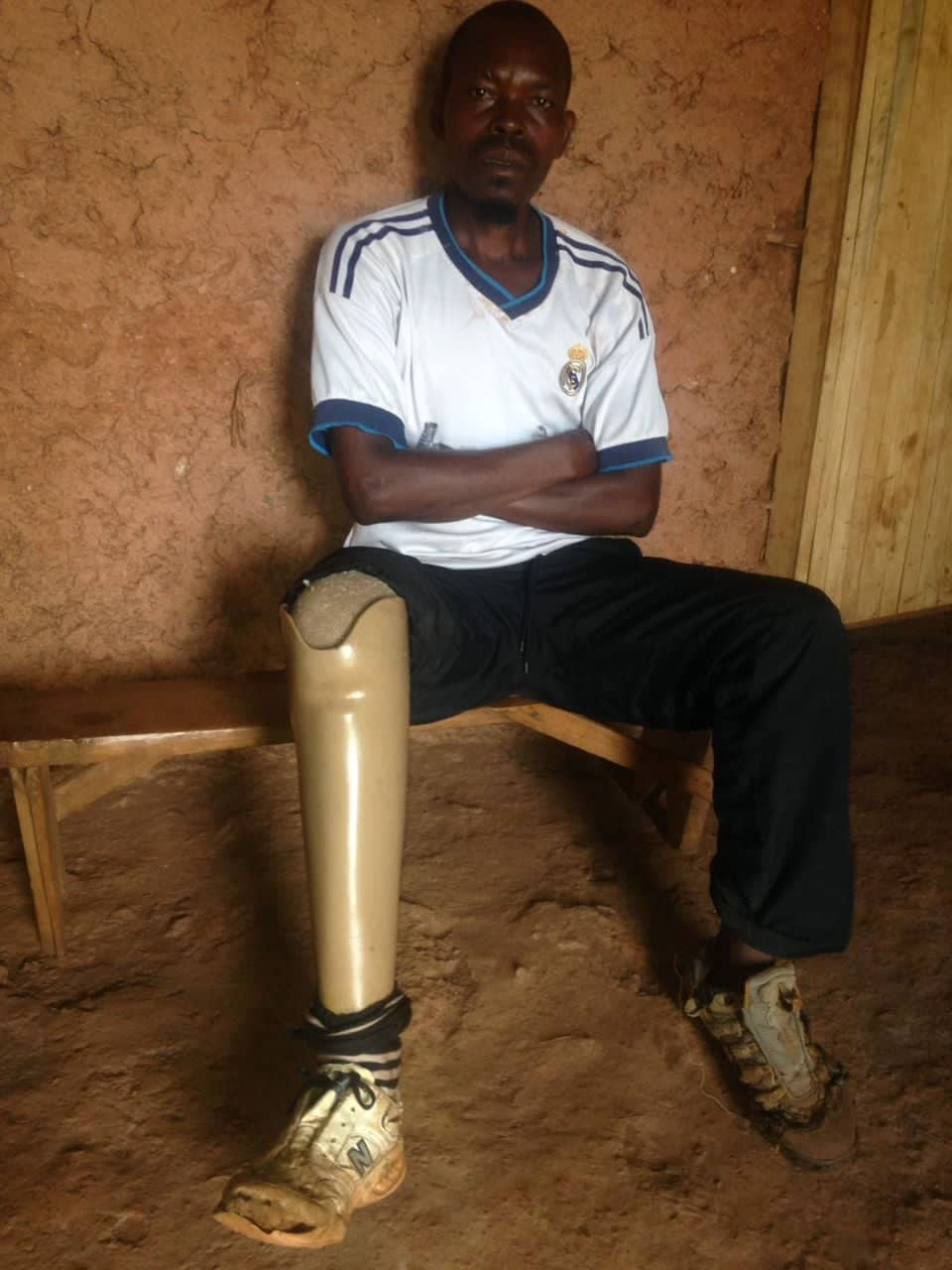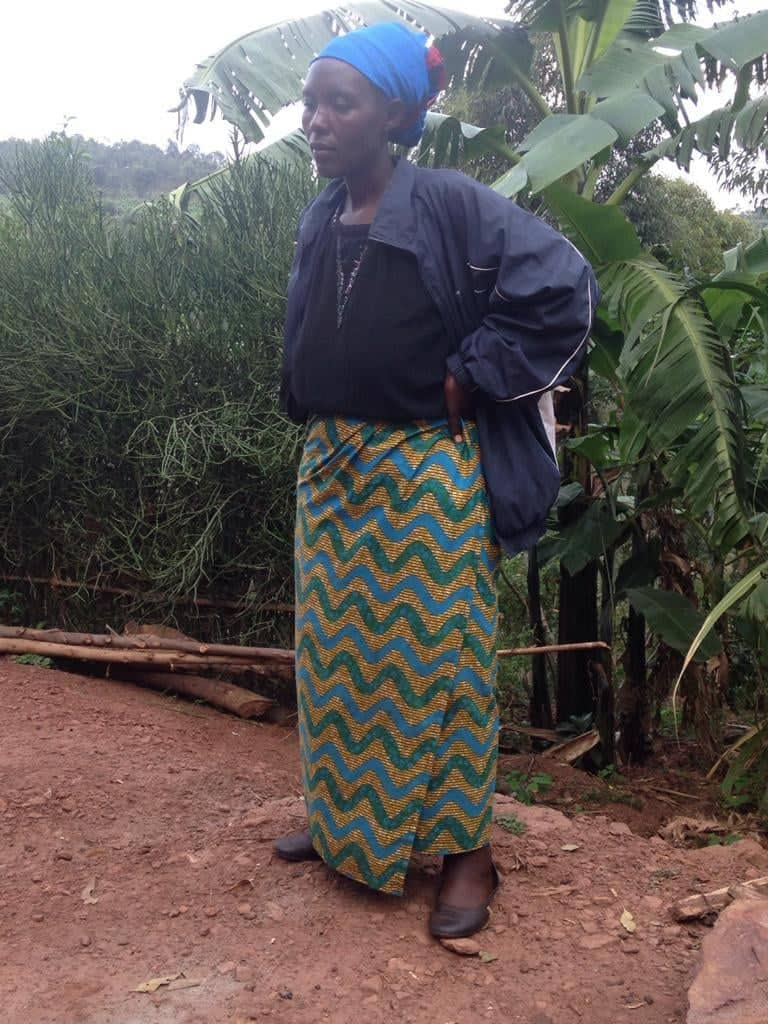People with disability of Gahengeri Sector, Rwamagana District said that in this sector there is no schools of people who has disability as the barriers of their children becouse there are some of them who are not educated because of that barriers.

Ndaruhutse Thomas is the one who has disabilities of hasn't leg, he said that "when you have disabilities, there are some barriers you met with like no schools,some houses haven't way of people who have disabilities,no materials used with them, like some who uses as leg,arms etc".
And also Nizeyimana Goreth is one of the women who are based in Mutamwa cell,Gahengeri sector also has disability of Deaf, she said that they meet with different situation in their place,where people give them some names which is included with the disabilities they have,like Gacumba,gipfamatwi, kaboko, and others like that,and also they ask government to help them for mobilization of explaining people how they can help them in their societies".
Mukanziga Odette is the coordinator of people with disabilities in Gahengeri sector, she said that in this sector people who has disability they meet with different challenges where they live,there is no schools with people who has disability, when they need service way of communication is not easy,there is no hospital near by taking some service with people who has disability. that is way she said that Government can facilitate them to solve that problem in order to give them right like others. In this sector of Gahengeri there is 500 people who has disabilities which is older, and also 120 children with disability.
However, completion on Rwandan Disability Legal Framework, recall to promote, protect and ensure the full and equal enjoyment of all human rights and fundamental freedoms by all persons with disabilities, and to promote respect for their inherent dignity. Persons with disabilities include those who have long-term physical, mental, intellectual or sensory impairments which in interaction with various barriers may hinder their full and effective participation in society on equal basis with others.
General obligations, through article 4, on the states Parties undertake to ensure and promote the full realization of all human rights and fundamental freedoms for all persons with disabilities without discrimination of any kind on the basis of disability. The States Parties undertake: to take into account the protection and promotion of the human rights of persons with disabilities in all policies and programs, and also to take all appropriate measures to eliminate discrimination on the basis of disability by any person, organization or private enterprise.
According to UNICEF, Addressing Stigma Around Disabilities in the Community. Engaging young people is key in promoting positive mindset towards disability, and to eliminate discrimination.
On 20th September 2022, Humanity & Inclusion through the Gikuriro kuri Bose program supported the National Council for Persons with Disabilities with IT Equipment: 32 laptops, a smart board, 2 printers, and their accessories as well as Microsoft Office and Windows software, for a total cost of 45,000 US Dollars. The above equipment will be used by the Disability Management Information System (DMIS) staff at the National level and by District Disability Mainstreaming Officers (DMOs) to ensure better access to the DMIS data and to implement effective case management for Persons with disabilities in need. Disability Management Information System (DMIS) for inclusive Development is an innovative digital support tool for the identification & registry of all Persons with Disabilities including a Case Management support tool for the most in need.
Beneficiaries (Persons with Disabilities) are all identified and NCPD will be able to express the diversity of needs, challenges, barriers, and priorities in the lives of Persons with Disabilities. The system will support the government and stakeholders in the disability sector to coordinate and well-planned, targeted, and evidence-based support plans and advocate for change towards equal participation of Persons with Disabilities in their communities and inclusive Rwanda Society. It will support the Council in its function for better decision-making, increased accountability, improved disability services delivery, and better coordination, ultimately improving living coordination for persons with disabilities in Rwanda. The DMIS is first of its kind initiative in sub-Saharan African Countries and Rwanda could be a reference regionally.





